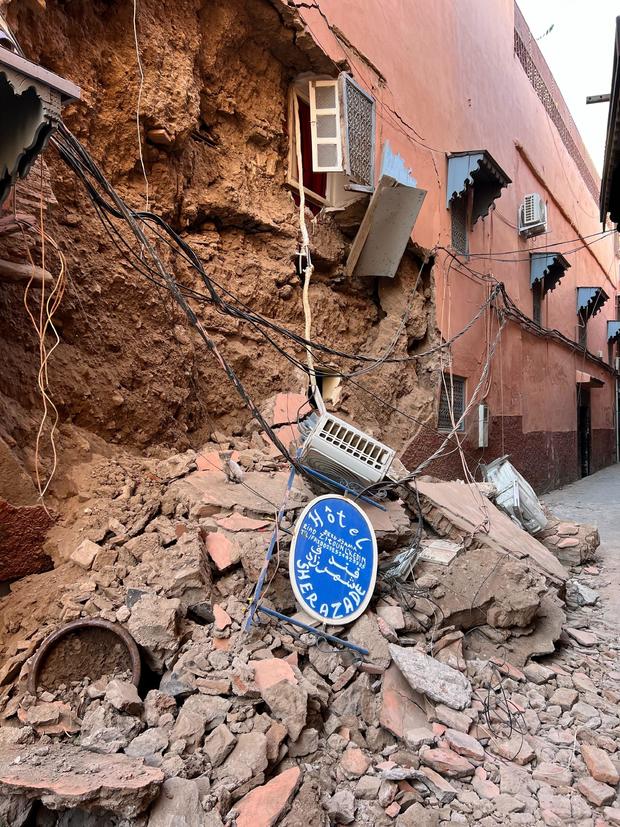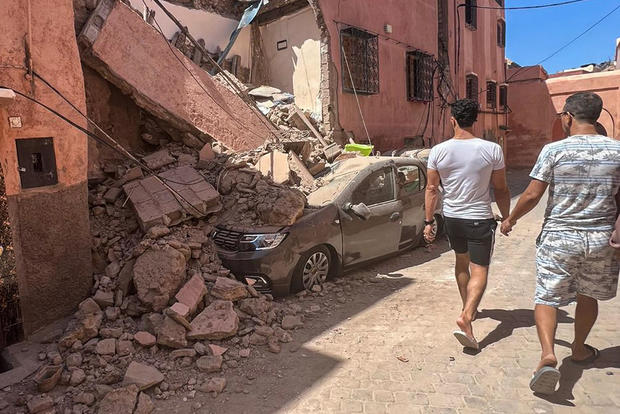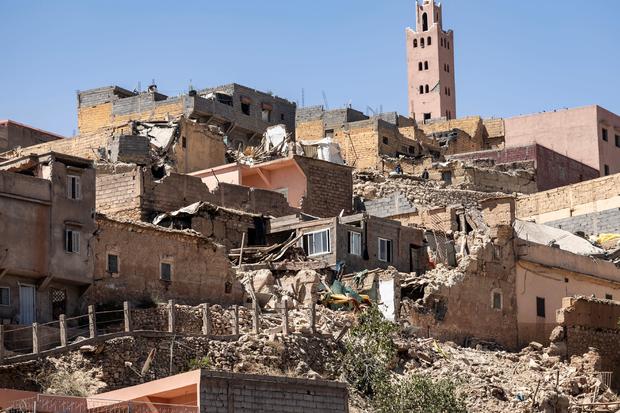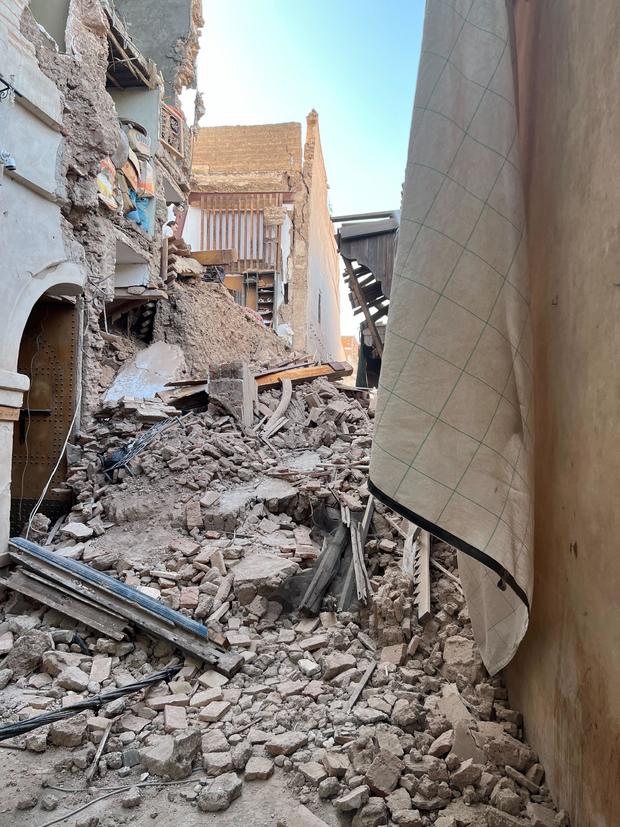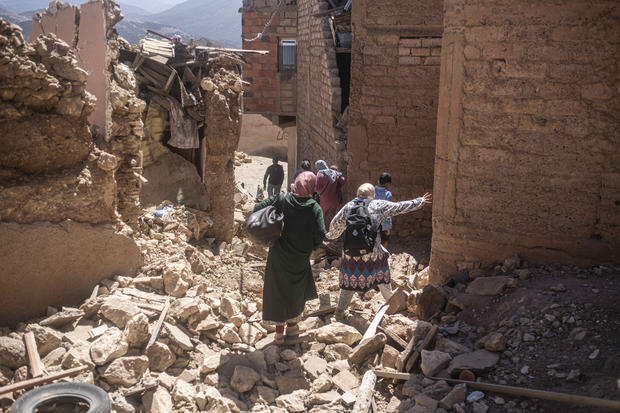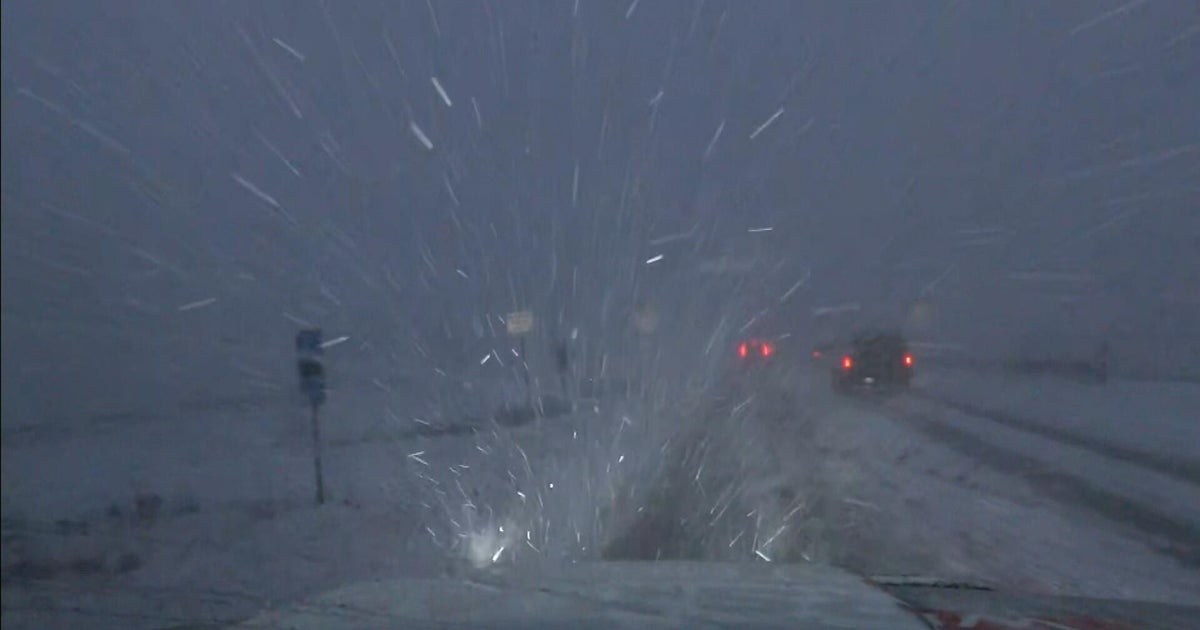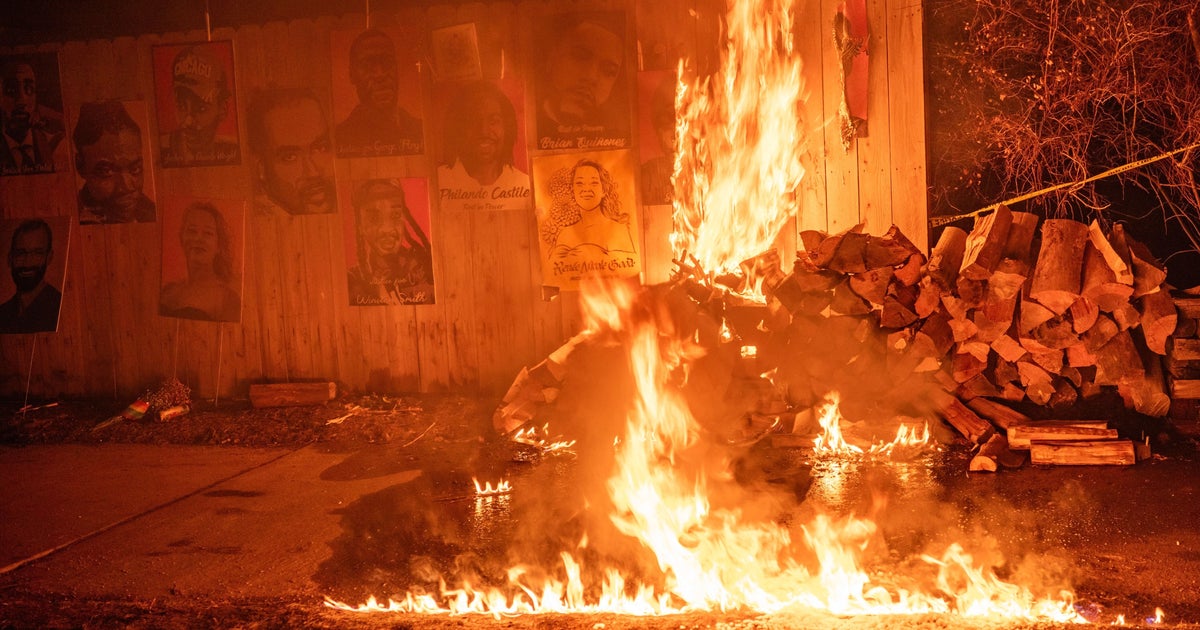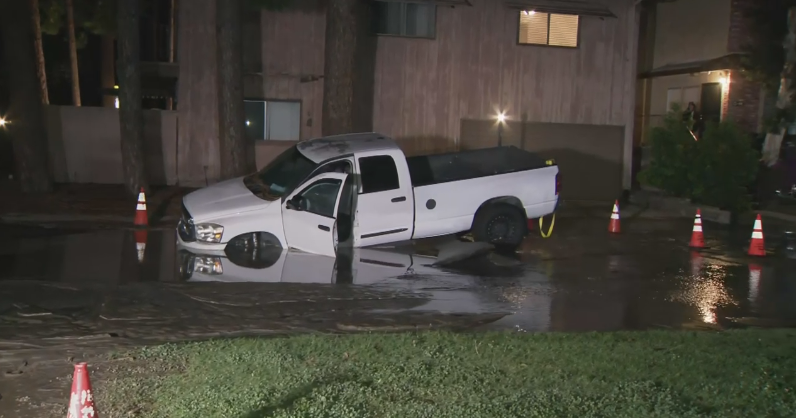Morocco earthquake leaves at least 2,000 dead, damages historic landmarks and topples buildings
More than 2,000 people were killed in a powerful earthquake that struck Morocco late Friday night, sending people racing from their beds into the streets and toppling buildings in mountainous villages and ancient cities not built to withstand such force. The toll was expected to rise as rescuers struggled Saturday to get through boulder-strewn roads to the remote mountain villages to reach hard-hit remote areas to find survivors.
The 6.8-magnitude quake was the biggest to hit Morocco in 120 years, and the ministry wrote that most damage occurred outside of cities and towns. At least 2,012 people died in the quake, mostly in Marrakech and five provinces near the epicenter, Morocco's Interior Ministry reported Saturday night. At least 2,059 more people were injured — 1,404 critically — the ministry said.
Tourists and others posted videos of people screaming and evacuating restaurants in the city as throbbing club music played. Moroccans also posted videos showing damage to parts of the famous red walls that surround the old city, a UNESCO World Heritage site.
In Marrakech, the famous 12th century Koutoubia Mosque suffered damage, but the extent was not immediately clear. The famous mosque's 226-foot minaret is known as the "roof of Marrakech." CBS News medical contributor Dr. Celine Gounder was in the city and shared photos from the city's medina, or ancient center, showing damaged buildings and streets. Gounder said that some areas of the city were less impacted, but that older areas were impossible to access.
Reports on damage and any casualties can often take time to filter in after many earthquakes, particularly those that hit in the middle of the night.
"We felt a very violent tremor, and I realized it was an earthquake," Abdelhak El Amrani, a 33-year-old in Marrakech, told the Agence France-Presse by telephone.
"I could see buildings moving," El Amrani said. "We don't necessarily have the reflexes for this type of situation. Then I went outside and there were a lot of people there. People were all in shock and panic. The children were crying and the parents were distraught."
Remote villages like those in the drought-stricken Ouargane Valley were largely cut off from the world when they lost electricity and cellphone service. By midday, people were outside mourning neighbors, surveying the damage on their camera phones and telling one another "May God save us."
Hamid Idsalah, a 72-year-old mountain guide, said he and many others remained alive but had little future to look forward to. That was true in the short-term — with remnants of his kitchen reduced to dust — and in the long-term — where he and many others lack the financial means to rebound.
"I can't reconstruct my home. I don't know what I'll do. Still, I'm alive, so I'll wait," he told the AP as he walked through the desert oasis town overlooking red rock hills, packs of goats and a glistening salt lake. "I feel heartsick."
On Saturday, President Biden released a statement on the earthquake, saying he was "deeply saddened by the loss of life and devastation."
"Our thoughts and prayers are with all those impacted by this terrible hardship. My administration is in contact with Moroccan officials. We are working expeditiously to ensure American citizens in Morocco are safe, and stand ready to provide any necessary assistance for the Moroccan people. The United States stands by Morocco and my friend King Mohammed VI at this difficult moment," the statement read.
The U.S. Geological Survey said the quake had a preliminary magnitude of 6.8 when it hit at 11:11 p.m. local time, with shaking that lasted several seconds. Morocco's National Seismic Monitoring and Alert Network measured it at 7 on the Richter scale. The U.S. agency reported a magnitude 4.9 aftershock hit 19 minutes later.
The epicenter of Friday's tremor was high in the Atlas Mountains roughly 43.5 miles southwest of Marrakech. It was also near Toubkal, the highest peak in North Africa and Oukaimeden, a popular Moroccan ski resort.
Rather than return to the buildings, men, women and children stayed out in the streets worried about aftershocks and other reverberations that could cause their homes to sway.
"The problem is that where destructive earthquakes are rare, buildings are simply not constructed robustly enough to cope with strong ground shaking, so many collapses resulting in high casualties," Bill McGuire, professor emeritus of geophysical and climate hazards at University College London told the AP. "I would expect the final death toll to climb into the thousands once more is known. As with any big quake, aftershocks are likely, which will lead to further casualties and hinder search and rescue."
Habib Nura Bello Dankadai of Morocco's coastal capital Rabat — located about 190 miles north of Marrakech — told CBS News he and his sister were on the balcony of their family's fifth-floor apartment when the earthquake struck.
"In a matter of seconds, my dad came and started shouting, 'It's an earthquake, everyone out of the house,'" Dankadai said. "My little brother was sleeping in my room. I immediately grabbed him, and we all went out in fear."
"As we were going down, the stairs were also shaking, and we were losing balance," Dankadai said.
His family made it safely out of the building and waited outside for about an hour with neighbors, he said. He and his father then briefly returned to the flat to get supplies and personal effects before going to a nearby park. At around 3 a.m. local time Saturday, they were told it was safe to return to their home.
The USGS said the epicenter was 11 miles below the Earth's surface, while Morocco's seismic agency put it at 5 miles down. The quake was felt as far away as Portugal and Algeria, according to the Portuguese Institute for Sea and Atmosphere and Algeria's Civil Defense agency, which oversees emergency response.
Variations in early measurements are common, although either reading would be Morocco's strongest in years.
In 2004, at least 628 people were killed and 926 injured when a quake hit Al Hoceima in northeastern Morocco, according to the AFP.
In 1980, the 7.3-magnitude El Asnam earthquake in neighboring Algeria was one of the largest and most destructive earthquakes in recent history, AFP reported. It killed 2,500 people and left at least 300,000 homeless.
